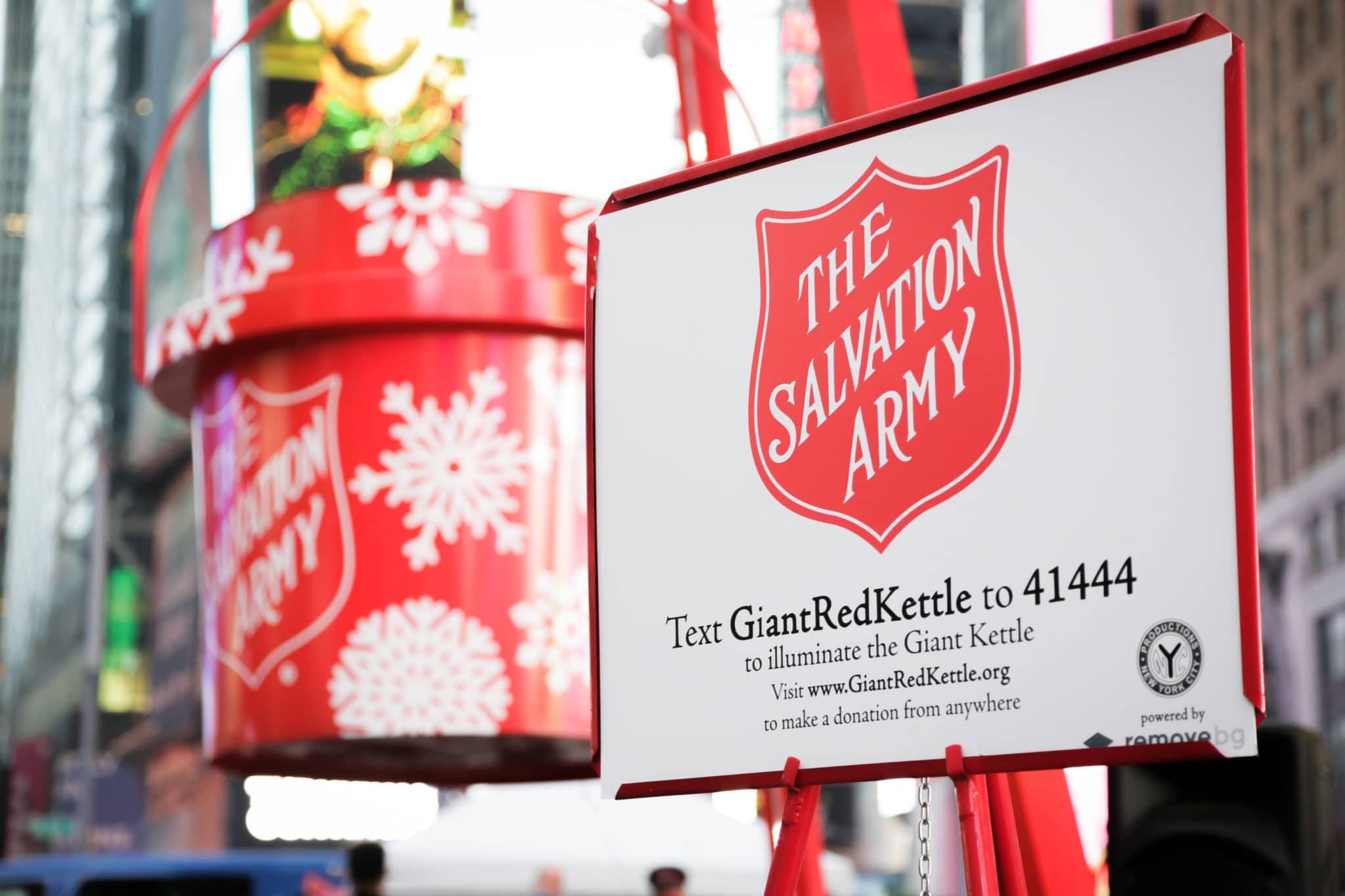On May 18, Justice Catalyst Law announced a federal lawsuit against the Salvation Army on behalf of Mark Tassinari, who was discharged from the Christian charity organization’s Boston Adult Rehabilitation Center in 2018 after he began taking buprenorphine to manage his opioid use disorder (OUD).
The Salvation Army has a troubling history of denying treatment at its rehabilitation centers to anyone taking medication for opioid use disorder (MOUD). “This is an access case,” Lucy Bansal, counsel at Justice Catalyst Law, told Filter. “People with opioid use disorder who receive [MOUD] shouldn’t have fewer options available to them for rehabilitation than people who don’t.”
In addition to urging the Salvation Army to reverse its exclusionary policy, the lawsuit also asks the organization to compensate Tassinari and thousands others who have been denied a spot at its rehab facilities for taking MOUD, or denied their medication while they were there, the Boston Globe reported. According to state data, opioid-involved overdose fatalities increased by 5 percent in Massachusetts last year.
“Because of the Salvation Army’s close relationship with the prison and probation system, a simple policy change could potentially save thousands of lives.”
The Salvation Army serves thousands of formerly incarcerated people in its Adult Rehabilitation Centers and Programs each year. For many of them, it’s their only option—in some regions, Salvation Army ARCs might be the only rehabs available.
“Because of the Salvation Army’s close relationship with the prison and probation system, a simple policy change—ending [MOUD] discrimination—could potentially save thousands of lives and make a significant, lasting impact on re-entry outcomes,” Bansal said.
The exclusionary practice makes it even more difficult for LGBTQ drug users to access services. The Salvation Army has a documented history of discrimination against queer and trans people—its affiliated drug clinic has blatantly refused trans people as patients or tenants. Even longtime corporate cheerleader Chick-fil-A has been pressured into pulling its donations to the organization.
“I remember being locked up and we would all joke about the Salvation Army,” Michael Cox, executive director of Black and Pink Massachusetts, told Filter.
Cox said that the organization can be a last resort for those in dire need of support for housing or medical care, even if they’re LGBTQ. “We’re looking at disproportionate rates of homelessness, substance use and incarceration [in our community] that is usually coupled with release [from prison] at some point,” he explained. “All of these pathways lead to needing services that the Salvation Army provides.”
Multiple community-based organizations do serve LGBTQ populations in some parts of the state, including people impacted by incarceration and addiction. Whose Corner Is It Anyway is a western Massachusetts mutual aid and harm reduction group led by low-income sex workers who use criminalized drugs, led by the same current and former sex workers who also run the DecrimMA coalition alongside Black and Pink Massachusetts. Other prominent organizations serving people impacted by the state’s carceral system include Justice 4 Housing, Families for Justice as Healing and Massachusetts Bail Fund.
Recently, the Salvation Army has been attempting to redeem itself by claiming to “love and serve everyone.” But how inclusive can it really be if it rejects people for accessing evidence-based medical treatments like MOUD?
“[The Salvation Army] has the capacity to offer services and volume that a lot of [community organizations] don’t offer,” Cox added. “They have the potential to polish what could be a diamond in the community, but instead, they just fall back on this antiquated thinking that causes more harm.”
Photograph via Salvation Army





Show Comments